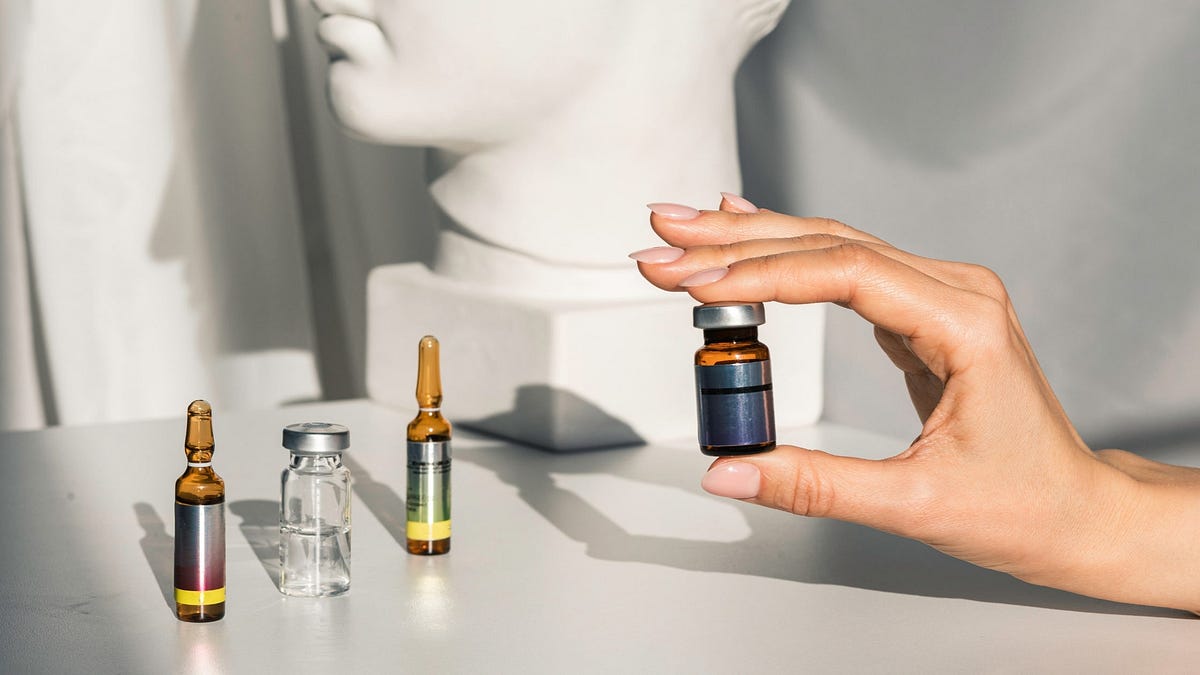I don’t know if this has been posted before, so apologies if this is a repeat of a previous post:
I want to know the proper way to store BAC water and extend its shelf life. From what I know, your are supposed to store at BAC water at room temp, and toss it out after 30 days once first used. I know it’s really cheap compared to peptides but I don’t want to re order and toss out a bunch of left over BAC water.
Secondly, I currently have my peptide powder in the freezer for long term storage. I was thinking about reconstituting a few vials and refreezing them. Is this possible with out damaging the integrity of the peptides?
Lastly, I warm up my reconstituted peptides (from the fridge) to room temp prior to use, and then put the vial back in the fridge. Is this damaging the integrity of the peptides?
I want to know the proper way to store BAC water and extend its shelf life. From what I know, your are supposed to store at BAC water at room temp, and toss it out after 30 days once first used. I know it’s really cheap compared to peptides but I don’t want to re order and toss out a bunch of left over BAC water.
Secondly, I currently have my peptide powder in the freezer for long term storage. I was thinking about reconstituting a few vials and refreezing them. Is this possible with out damaging the integrity of the peptides?
Lastly, I warm up my reconstituted peptides (from the fridge) to room temp prior to use, and then put the vial back in the fridge. Is this damaging the integrity of the peptides?

